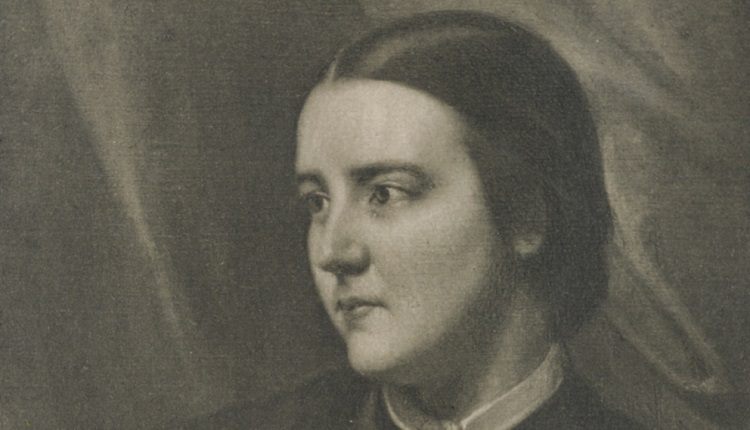A plaque near the main entrance of the University of Edinburgh Medical School building commemorates Sophia Jex Blake, an alumnus with an important legacy for promoting women’s rights in Edinburgh. However, when she attended the university in the 1870s she was denied her qualification on the basis of her sex.
As a child, Blake was afforded limited educational opportunities where she was considered talented but difficult. Averse to marriage, she convinced her parents to let her study at Queen’s College London. When she was asked to stay on as a maths tutor afterwards, she was only allowed to accept the offer after assuring her parents that she would not accept a salary.
In London, she first wrote about her attraction to women and, eager to continue her education, she moved to Edinburgh which had a reputation for social enlightenment at the time. With little affirmation or encouragement, she pursued her ambitions, influenced by the feminist circles she had associated with in London.
One of the feminists she met in London, Elizabeth Garrett, also moved to Edinburgh and the two of them planned to find and use the loopholes in the charter of the Worshipful Society of the Apothecaries to receive medical qualifications. Although Garrett was successful and became the first female doctor in Britain, the loophole was shut shortly afterwards, leaving Sophia Jex Blake to confront institutional barriers anew.
Blake moved to Germany and then to the Americas, pursuing the limited educational opportunities available to her, determined to achieve higher qualifications. In New York, she was one of the first pupils at Elizabeth Blackwell’s medical school for women but was forced to abandon her studies when her father fell ill and needed her back in England.
With five other women, she sat a matriculation exam to enter St Andrews. All five passed and were joined by two more women before the start of term. The group would come to be known as ‘the Edinburgh Seven’: the first women admitted as full students to a British university. For all of their time in Edinburgh, their successes would foment resentment and anger, and they constantly struggled for equal opportunities and rights with the male peers they outperformed.
Forced to pay more for their smaller classes, the women were taught and educated separately from the men, winning them the support of the press but little support from an increasingly hostile community. Things came to a head when the women, travelling in a group for safety, confronted a violent mob at the doors of Surgeon’s Hall.
Blake and two of the other women went on to found the London School of Medicine for Women, where they confronted fragile masculinity at every turn. Exacerbated, Blake eventually turned to Switzerland, where she earned her MD from the University of Berne.
After years of being unfairly denied the opportunity to practise medicine, rather than focusing on her own career, she moved back to Edinburgh to help grant other women the opportunities that were denied her. She founded the Edinburgh School of Medicine for Women and continued to advocate for women’s rights until her death in 1912. Her plaque stands memorialising her contributions to Edinburgh, although Edinburgh’s contributions to her eventual success were markedly more ambiguous.
Image credit: Margaret Todd via Wikimedia Commons

